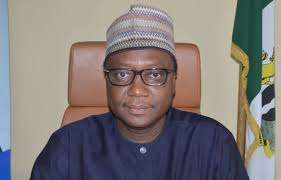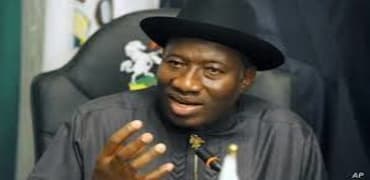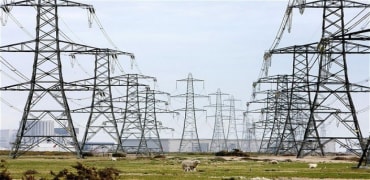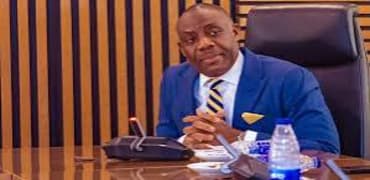RMAFC Begins Salary Review for Politicians, Public Office Holders After 18 Years of Stagnation
RMAFC Begins Salary Review for Politicians, Public Office Holders After 18 Years of Stagnation
For the first time in nearly two decades, the Revenue Mobilisation Allocation and Fiscal Commission (RMAFC) has set in motion a process that could significantly alter the salaries of political and public office holders across Nigeria.
The Commission on Tuesday announced that it had formally commenced the review of remuneration packages, with a strategic retreat in Kano serving as the platform to harmonise reports, deliberate on economic indicators, and chart the framework for new pay structures.
The development follows last year’s successful review of judicial officers’ salaries, which President Bola Tinubu approved.
Mandate from the Constitution
Declaring the retreat open, Hon. Mohammed Kabeer Usman, Chairman of the RMAFC Remuneration and Monetisation Committee and representative of Gombe State, underscored the weight of the assignment.
“Our work goes beyond adjusting figures. It is about stability, fairness, and sustainability in governance,” he said.
He reminded participants that the 1999 Constitution (as amended) mandates the RMAFC to determine appropriate remuneration for political, public, and judicial office holders at all levels of government.
Usman explained that the current assignment involves consolidating earlier reports with fresh submissions, while drawing from stakeholder memoranda, public hearings, ministerial inputs, and comparative international practices.
Tinubu, Ministers Still on 2008 Salaries
Earlier this week, RMAFC Chairman Mohammed Shehu highlighted the urgency of the exercise, revealing that salaries of political office holders have remained unchanged since February 2007.
According to him, President Bola Tinubu currently earns N1.5 million monthly, while ministers take home less than N1 million, figures that pale in comparison to the pay of some heads of agencies and parastatals.
“You cannot pay a minister less than N1 million per month since 2008 and expect him to put in his best without necessarily being involved in some other things,” Shehu said.
He argued that the distortions—where directors-general earn up to ten times more than the President or twenty times more than the Attorney-General of the Federation—create imbalance within the system and must be corrected.
What Politicians Currently Earn
The existing remuneration package paints a stark picture of the stagnation.
President: ₦14,058,820 annually
Vice President: ₦12,126,290
Ministers, SGF, Head of Service, Chairmen of Constitutional Bodies: ₦8,105,600
Senators: ₦8,105,600; Senate President: ₦9,936,970
House of Representatives Speaker: ₦9,908,440; Members: ₦7,940,850.50
State Governors: ₦8,894,820; Deputy Governors: ₦8,448,860
Local Government Chairmen: ₦3,633,248; Councillors: ₦3,040,304
Despite inflation, naira depreciation, and rising cost of governance, these figures have not been updated in nearly 18 years.
Balancing Public Perception and Affordability
However, the prospect of salary increases for politicians is bound to attract public scrutiny. Many Nigerians view the political class as already enjoying excessive perks compared to ordinary citizens grappling with economic hardship.
RMAFC officials acknowledged this tension. Usman said the review would not merely be about numbers but about ensuring that the government’s capacity to pay aligns with the principle of fairness.
“The review process is not solely about revising figures but assessing the long-term sustainability of such changes,” he said.
Towards a New Framework
At the end of the Kano retreat, the Commission is expected to release a framework that will set the tone for future remuneration policies. The final report will be submitted to the Presidency for approval and subsequent implementation.
If adopted, the revised structure will be the first major overhaul since the Obasanjo administration approved the current package in 2007.
For now, the debate looms large: will higher official salaries reduce corruption and distortions in governance, or will it widen the gulf between Nigeria’s political elite and struggling citizens?
The answer may lie in how the Commission balances public expectation, economic realities, and the need for a functional government system.
B/y Haruna Yakubu Haruna

















